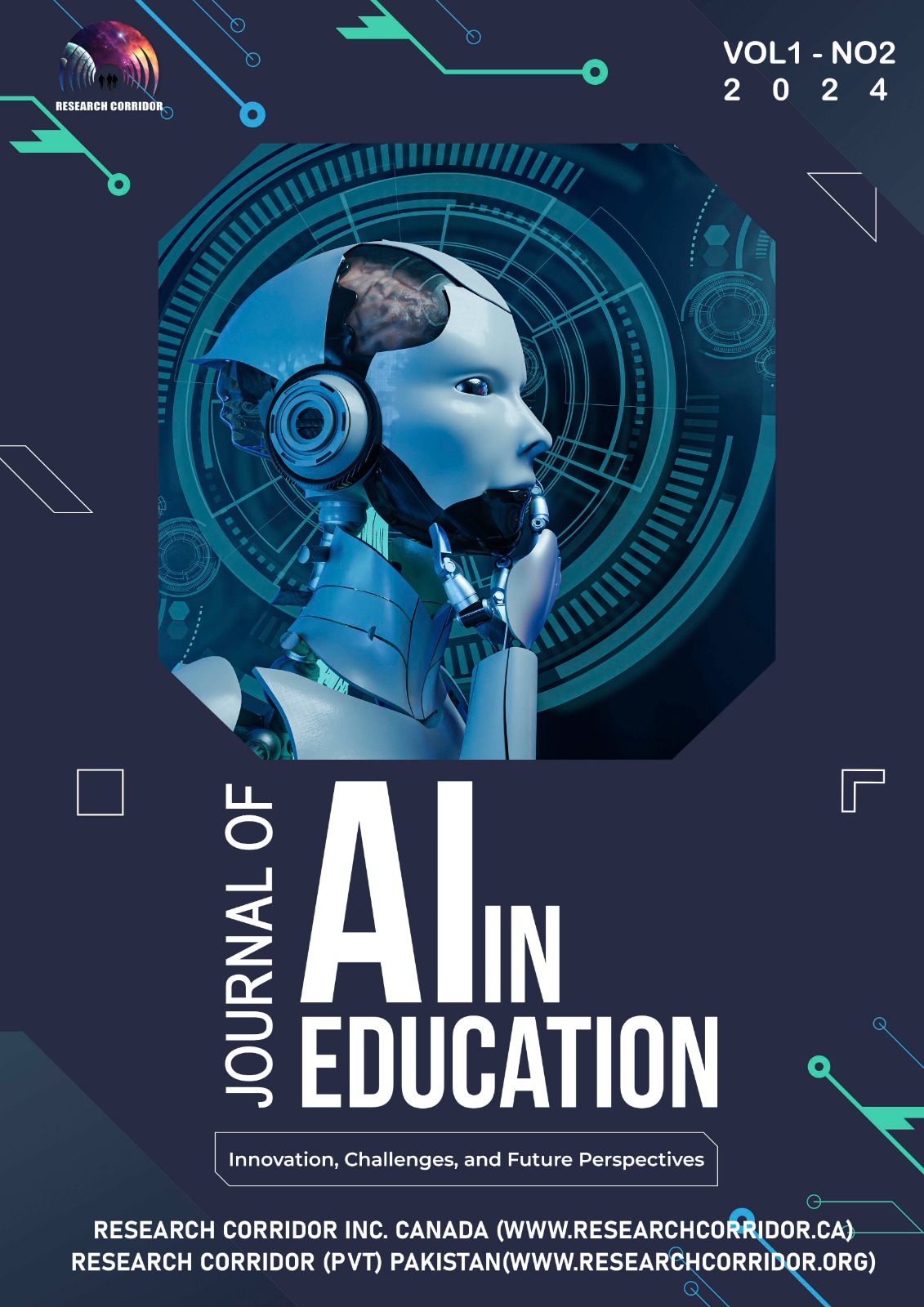The Integration of AI Chatbots in Education: Implications for Teaching and Learning
Keywords:
AI chatbots, education technology, personalized learning, student engagement, automated teaching, digital learning tools, artificial intelligence in education, teaching strategies, learning outcomes, chatbot-assisted educationAbstract
The integration of artificial intelligence (AI) chatbots in education is transforming teaching and learning by enhancing engagement, personalization, and accessibility. AI-driven chatbots serve as interactive tools that provide instant feedback, facilitate self-directed learning, and support educators by automating administrative tasks. These intelligent systems can adapt to individual student needs, offering customized learning pathways that cater to diverse learning styles. Furthermore, AI chatbots promote inclusivity by assisting learners with disabilities and bridging gaps in traditional classroom settings. Despite their advantages, challenges such as data privacy, ethical concerns, and the potential reduction of human interaction in learning environments must be addressed. Educators must strike a balance between AI integration and human-led instruction to maintain the critical elements of creativity, empathy, and critical thinking in education. Future research should explore the long-term impact of AI chatbots on student learning outcomes, their role in various educational contexts, and best practices for their effective implementation. This study provides an overview of AI chatbots' role in education, their benefits and challenges, and the implications for teaching and learning. The findings emphasize the need for a strategic approach to AI adoption in education to optimize its advantages while mitigating potential drawbacks.





